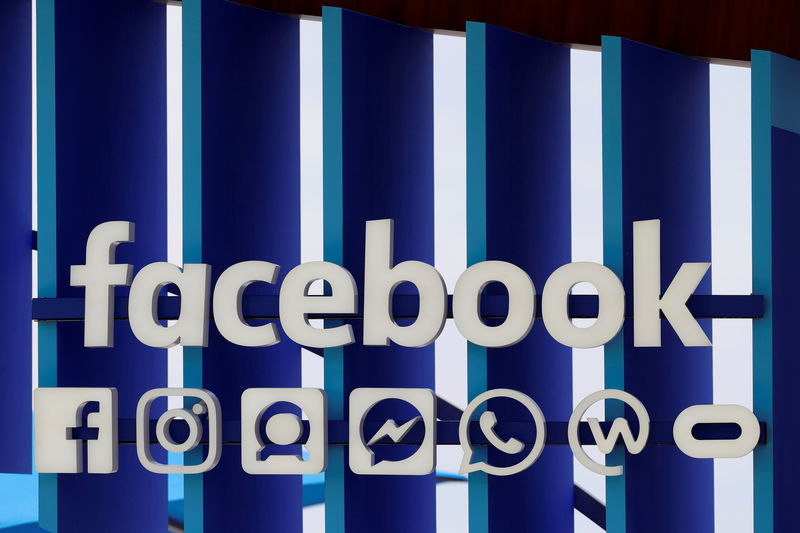Five things to watch in markets in the week ahead
Meta, the parent company of WhatsApp, is reportedly considering the introduction of advertisements into the messaging service, marking a first in the app's history. This potential move has sparked internal debates within the organization, with concerns that it may drive users away from the platform.
The company is also contemplating a subscription fee for an ad-free version of WhatsApp. However, this proposal has met resistance within the company. The final decision on both matters remains pending.
WhatsApp was acquired by Facebook (NASDAQ:META), now Meta, for $19 billion in 2014. At that time, co-founder Brian Acton had strongly established "No ads! No games! No gimmicks!" as a company principle. The app initially generated revenue by charging users a $1 download fee.
The current discussions around monetization strategies signify Meta's intent to capitalize on one of its few platforms that remain ad-free. This comes as Meta seeks to bolster its advertising revenue stream, which suffered during a period of macroeconomic instability and amid investor anxieties over the company's substantial investment in virtual reality and the "metaverse."
WhatsApp recently tested a feature enabling businesses to send marketing messages directly to users who have agreed to receive them. The service boasts 200 million small businesses among its regular users.
If implemented, the new feature would present all WhatsApp users with ads appearing alongside their chats with friends and family. The layout would resemble how ads are interspersed among chats in Facebook Messenger and emails on Gmail. However, these ads would not be displayed within chat conversations themselves.
Senior executives at Meta have expressed concerns that such a model could deteriorate user experience on WhatsApp and potentially lead users to switch to other free alternatives. Despite these concerns and ongoing internal discussions, WhatsApp maintains that it is not currently testing or planning to implement this ad feature.
This article was generated with the support of AI and reviewed by an editor. For more information see our T&C.
